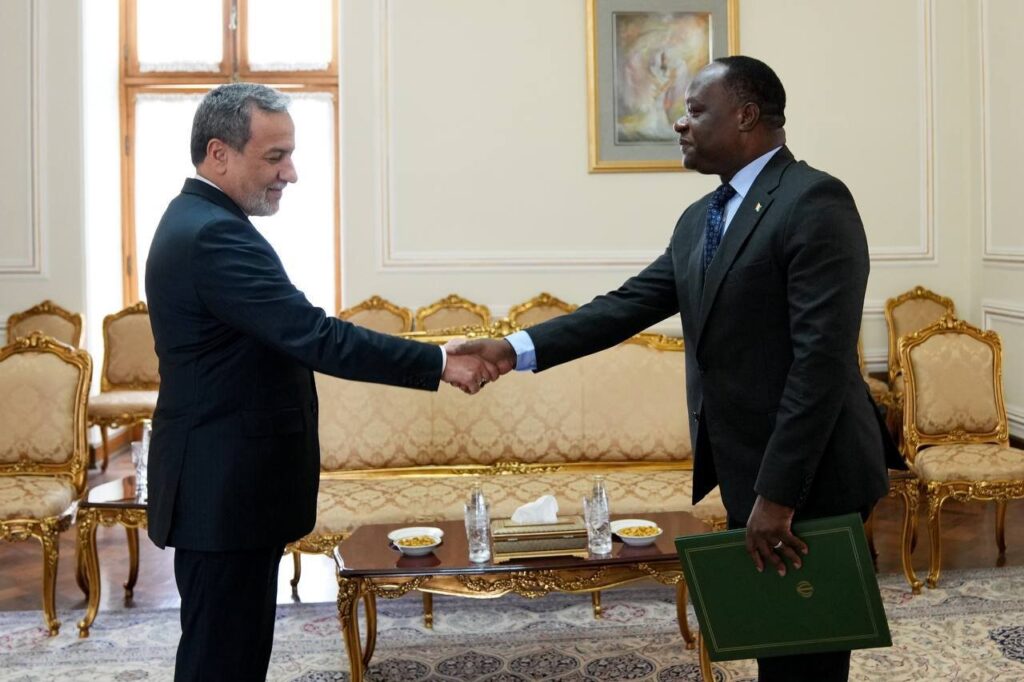Tehran – Tehran has shown major changes in Africa’s policy, moving decades of symbolic ties towards concrete economic partnerships. This is the change highlighted by the recent well-known diplomatic exchange and the recent African Summit and Expo 2025.
This week, the trend was the new ambassador of Ivory Coast, Tamakoro Oattara, presented his qualification to Foreign Minister Abbas Aragut on Africa Day.
Iran’s push to strengthen relations with Africa has become evident in recent years as part of a broader effort to deepen relations with friendly countries, but leaders have long been a positive view of the continent. Since the Islamic Revolution in 1979, African countries and their struggles have resonated with Tehran. Imam Khomeini, the founder of the Islamic Republic, was a supporter of the anti-colonial and liberation movements across Africa. He also emphasized the importance of solidarity between Muslims in Africa and their counterparts in West Asia, believing that stronger religious and cultural ties should be cultivated.
This sentiment was conveyed to his successor, Ayatollah Seyed Ali Khamenei. Like Imam Khomeini, he praises the continental history of resistance to oppression, and believes its geopolitical significance is increasing as an opportunity.
With Africa’s major economies now increasing and the dynamics of global trade are changing, it appears that Tehran is seriously considering turning old connections into real opportunities. The recent African Summit and Expo 2025, in which several African ministers, diplomats and business delegations are considered one of the participants as a turning point, suggested the announcement of major trade and investments, particularly agriculture, mining and energy technology, that is, a sector in which Africa’s demand meets Iran’s expertise.
Even the arrival of Farukh Turayev, president of Iran’s new Food and Agriculture Organization (FAO), could fit this strategy. With food security becoming a priority for both Iran and Africa, FAO-supported projects on water management and sustainable agriculture could serve as a bridge for broader collaboration.

